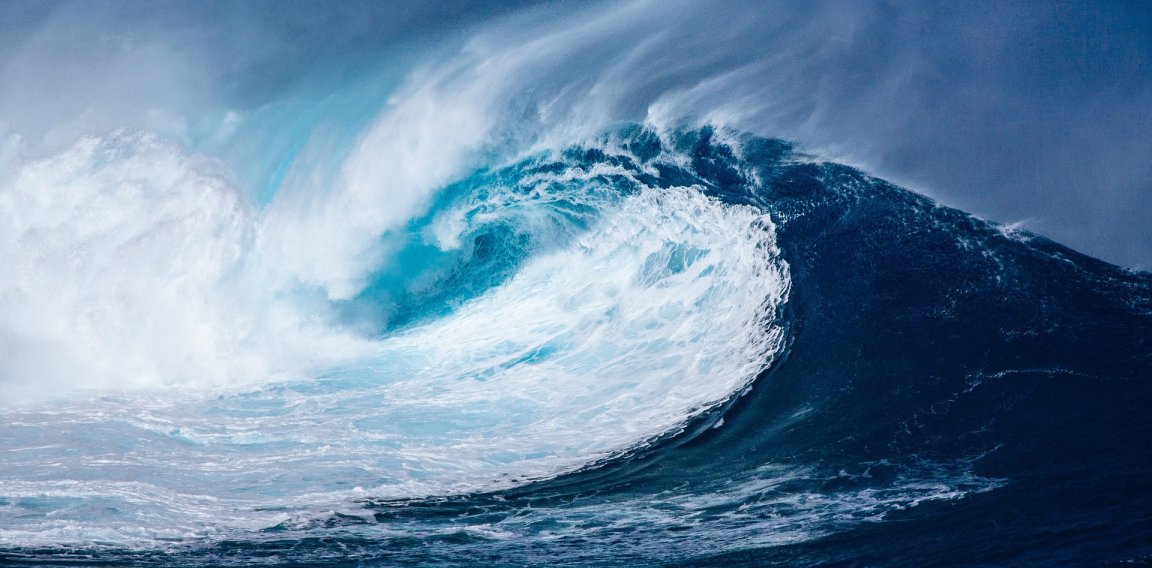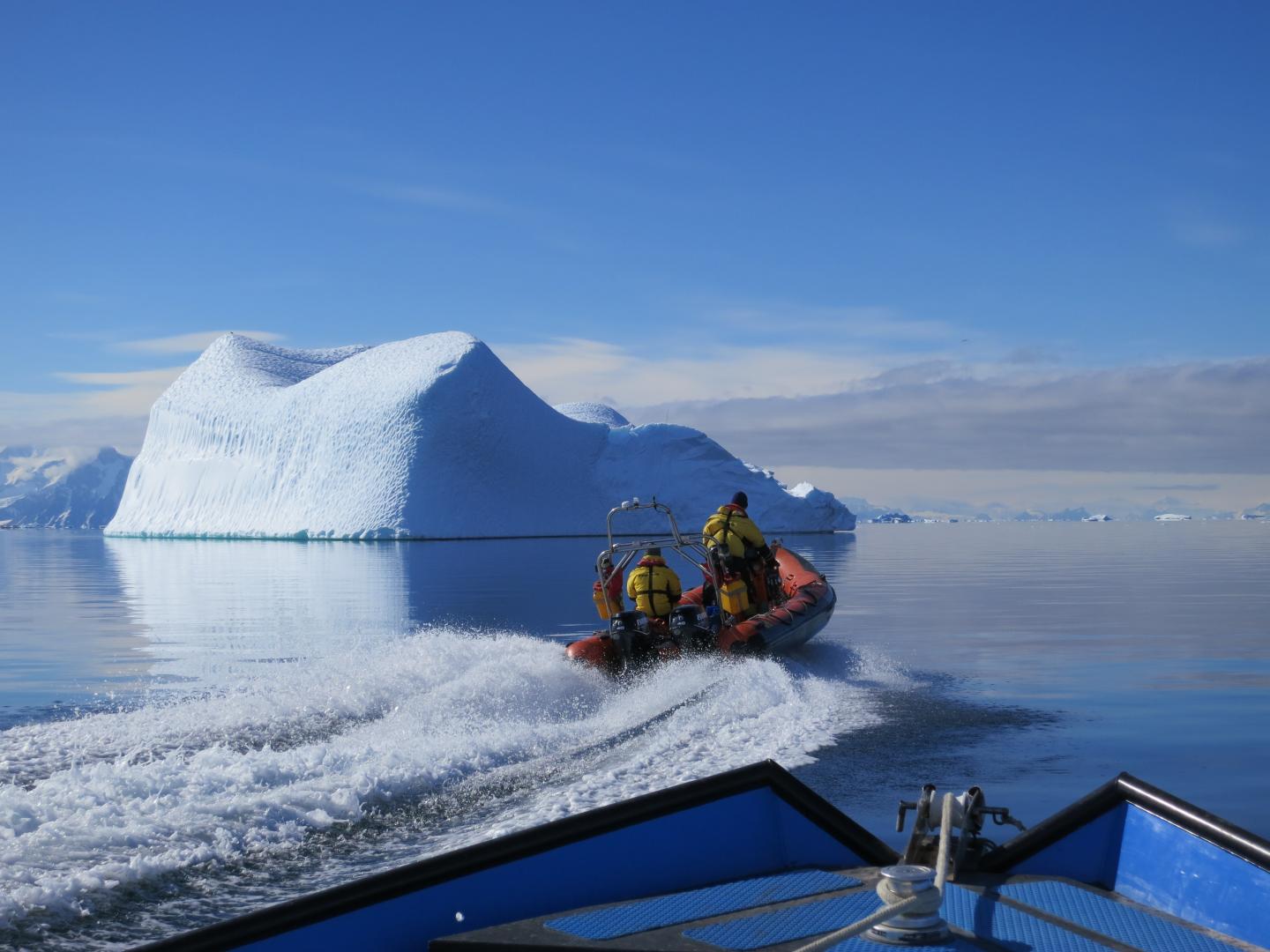
One Degree of Separation
Climate change is back in the news with the recent devastation wrought by Hurricane Harvey and the upcoming threat of Hurricane Irma. Scientists are able to point to these catastrophic events as clear indications of the real threat that climate change poses to the Earth. Yet not all changes are as dramatic as (formally) once-in-a-lifetime storms, nor do they require major temperature changes to occur.
A team of researchers from the British Antarctic Survey and Smithsonian Environmental Research Center did an experiment which determined that even an increase of just 1° Celsius can have drastic consequences.

The team, led by Gail Ashton, heated an area of seabed near the Rothera Research Station on the Antarctic Peninsula. They increased the temperature by 1°C or 2°C to mimic forecasted changes within the next 50 to 100 years. Even with just a 1°C increase, the team noticed a single species of aquatic invertebrates called bryozoa flourished and ended up dominating the community.
Ecological Upset
A change like this may not seem like much, but it’s easy to forget that this experiment was on an extremely small scale. We cannot fully predict how great the disruption will be when the entire ocean gets even a single degree higher. In other ecosystems, we can clearly plot out how climate change related changes can drastically impact the ecosystem. For example, a species of honey bees is now being placed on the endangered species list, threatening not only ecosystems but also agriculture and the economies that depend on it.
The takeover of the bryozoa led to a reduction in species diversity for the experimental areas. The researchers suggest the results of their study show that climate change of even a single degree, could have an immense impact on the marine ecosystem, which could cause a devastating chain reaction that will ripple around the world. The research, well worth reading, can be found at Current Biology.